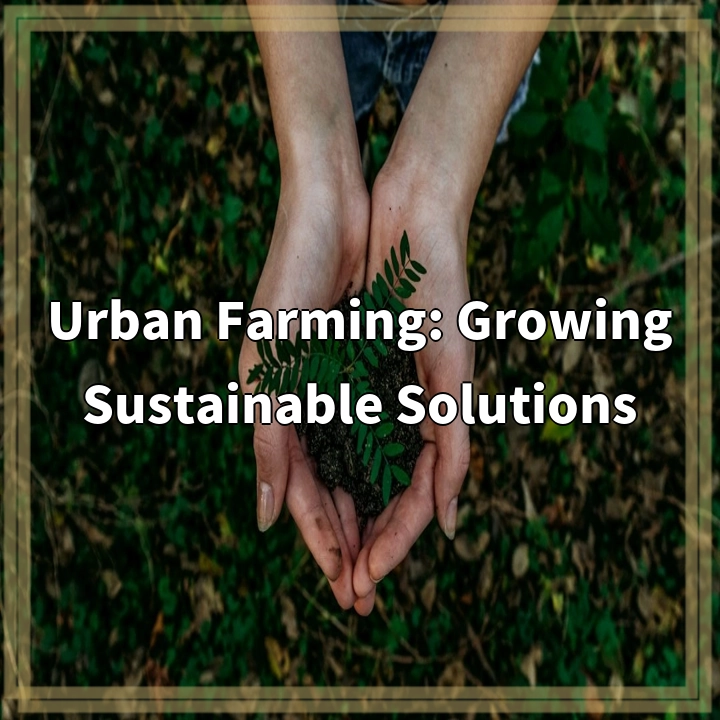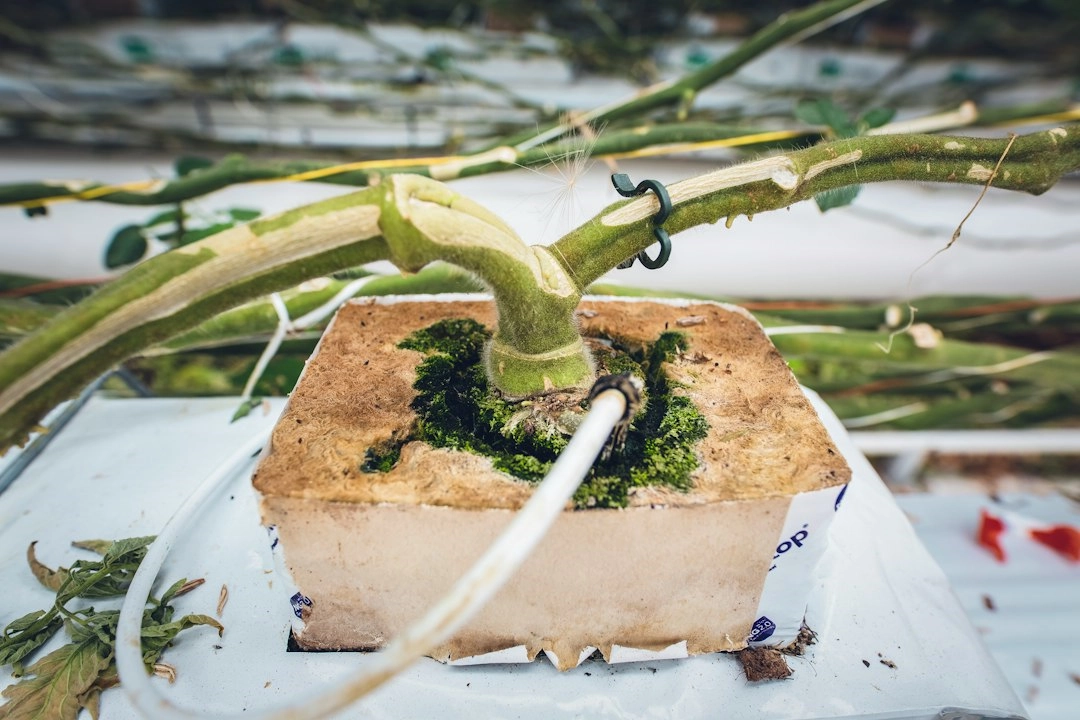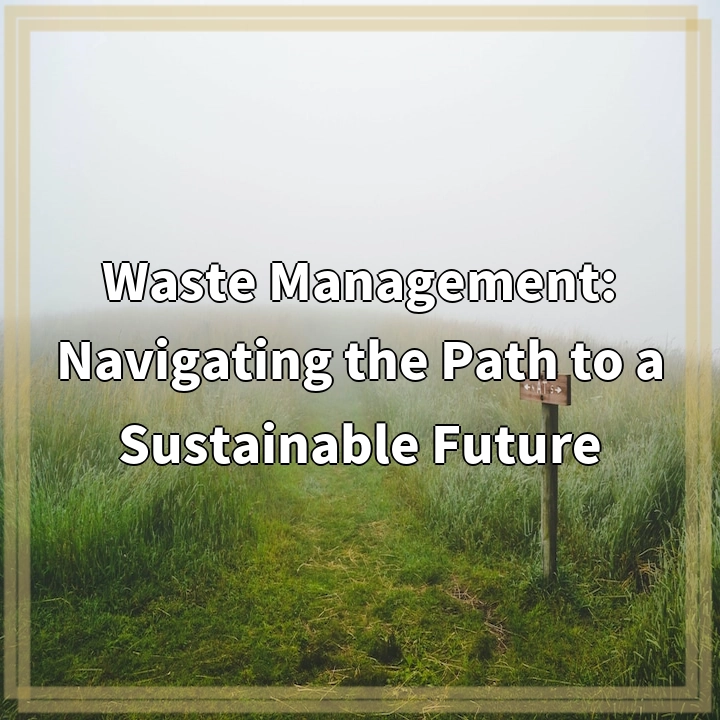
What is Urban Farming?
Urban farming is the practice of growing and cultivating food in urban areas, often in unconventional spaces such as rooftops, balconies, or abandoned lots. It is a sustainable and innovative solution to address food security issues, promote healthy living, and reduce the environmental impacts of food production and transportation.
Real-World Problems Associated with Urban Farming
While urban farming presents numerous benefits, it also faces several challenges:
1. Limited Space
Urban environments are typically characterized by limited space, making it a challenge to establish and expand urban farming operations. Finding suitable land or repurposing available spaces to grow food can be difficult, especially in densely populated cities.
2. Soil Contamination
Urban areas may have soil contamination issues due to industrial activities or the use of pesticides and herbicides. Ensuring the safety of the soil and practicing proper soil management techniques becomes critical to avoid potential health risks.
3. Access to Resources
Access to essential resources such as water, sunlight, and organic waste for composting can be limited in urban settings. Urban farmers need to find innovative solutions to secure these resources sustainably to support their farming operations.
4. Zoning and Legal Challenges
Zoning regulations and legal frameworks often pose barriers to urban farming. Some cities may have restrictive regulations or lack clear guidelines for urban agriculture, making it challenging for farmers to navigate the bureaucratic processes and obtain necessary permits.
5. Community Support and Engagement
Creating awareness and gaining community support for urban farming initiatives is crucial for their long-term success. Educating the community about the benefits of urban farming and fostering engagement can help overcome resistance and build a strong network of urban farmers and supporters.
In Conclusion
Urban farming offers a practical and sustainable solution to various challenges including food security, environmental sustainability, and public health. However, it also faces real-world problems such as limited space, soil contamination, resource access, legal challenges, and community engagement. Despite these challenges, urban farming presents immense opportunities and innovation, providing a pathway towards resilient and self-sufficient cities.

Potential Solutions for Urban Farming Challenges
1. Vertical Farming and Rooftop Gardens
Utilizing vertical space through vertical farming techniques and implementing rooftop gardens can help maximize growing areas in limited urban spaces. These innovative methods enable the cultivation of a wide range of crops and increase food production.
2. Soil Remediation and Management
Implementing soil testing and remediation measures can help address soil contamination concerns. Techniques such as phytoremediation, composting, and using raised beds with clean soil can ensure safe and fertile conditions for urban farming.
3. Resource-efficient Techniques
Urban farmers can adopt resource-efficient techniques such as drip irrigation, hydroponics, and aquaponics to optimize water usage. Additionally, implementing renewable energy sources like solar panels can provide clean energy for sustainable urban farming practices.
4. Advocacy and Policy Change
Advocating for supportive policies and regulations for urban farming is crucial. Engaging with local governments, urban planning departments, and community organizations can help create an enabling environment for urban farming, including the establishment of urban agriculture zones and streamlined permit processes.
5. Community Education and Collaboration
Raising awareness about the benefits of urban farming and conducting educational programs can help encourage community involvement and support. Building partnerships with local schools, community centers, and restaurants can foster collaborative efforts and create a network of urban farming enthusiasts.
In Conclusion
While urban farming faces challenges such as limited space, soil contamination, resource access, legal hurdles, and community engagement, there are potential solutions available. Implementing vertical farming and rooftop gardens, addressing soil contamination through remediation techniques, adopting resource-efficient methods, advocating for supportive policies, and promoting community education and collaboration can contribute to overcoming these challenges. By embracing these solutions, urban farming can grow as a sustainable and impactful practice, supporting food security, environmental health, and resilient communities.















